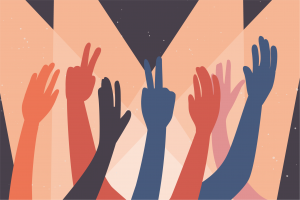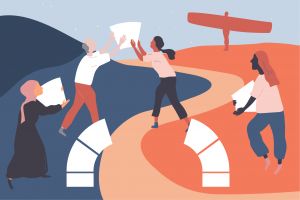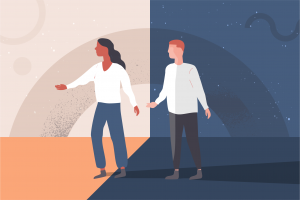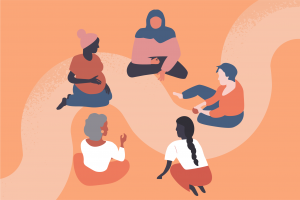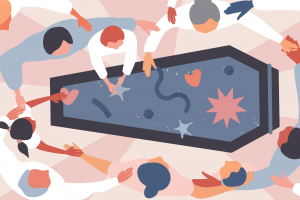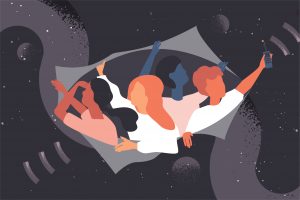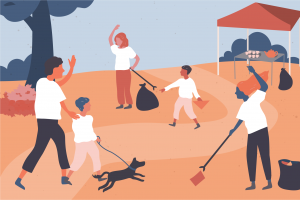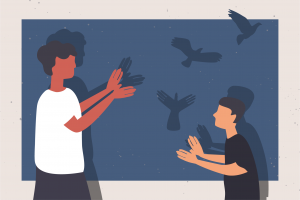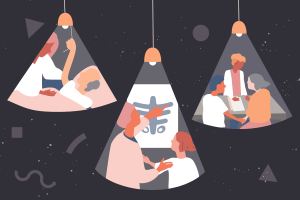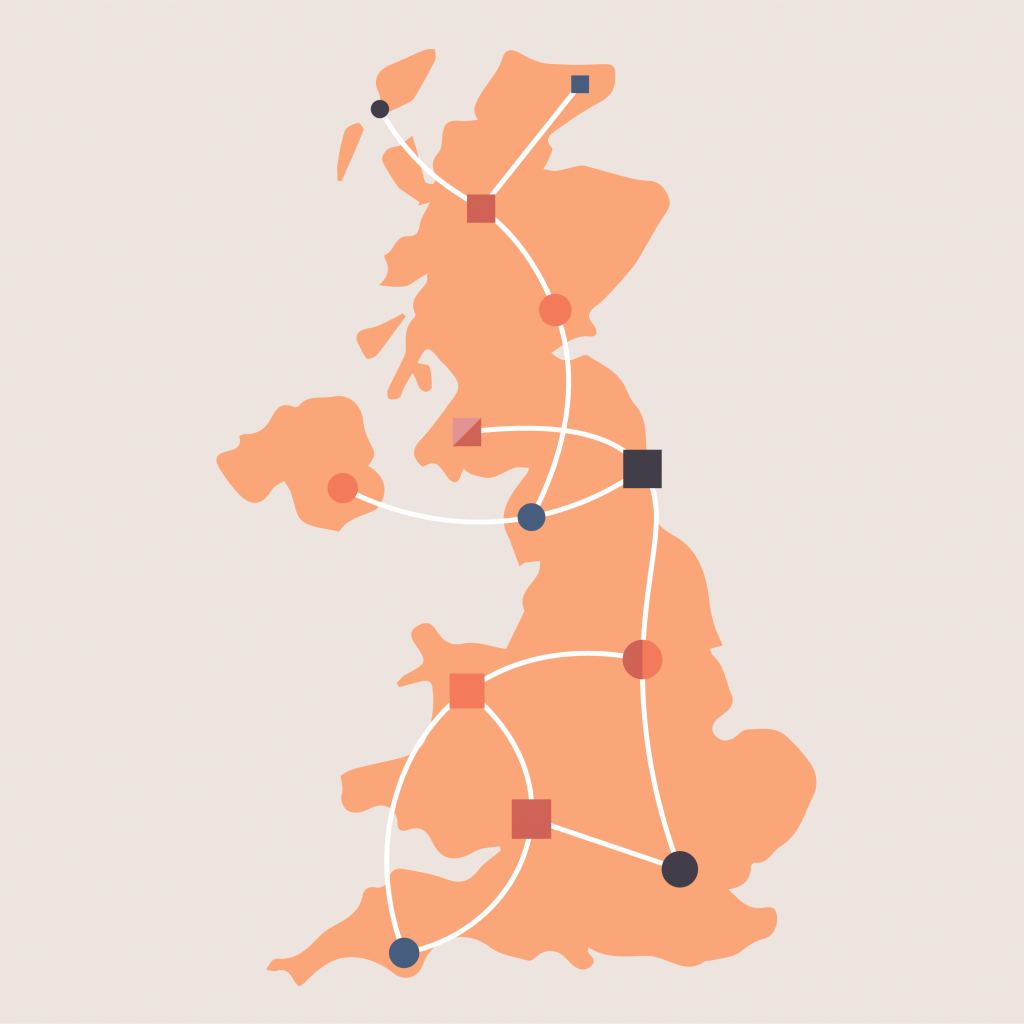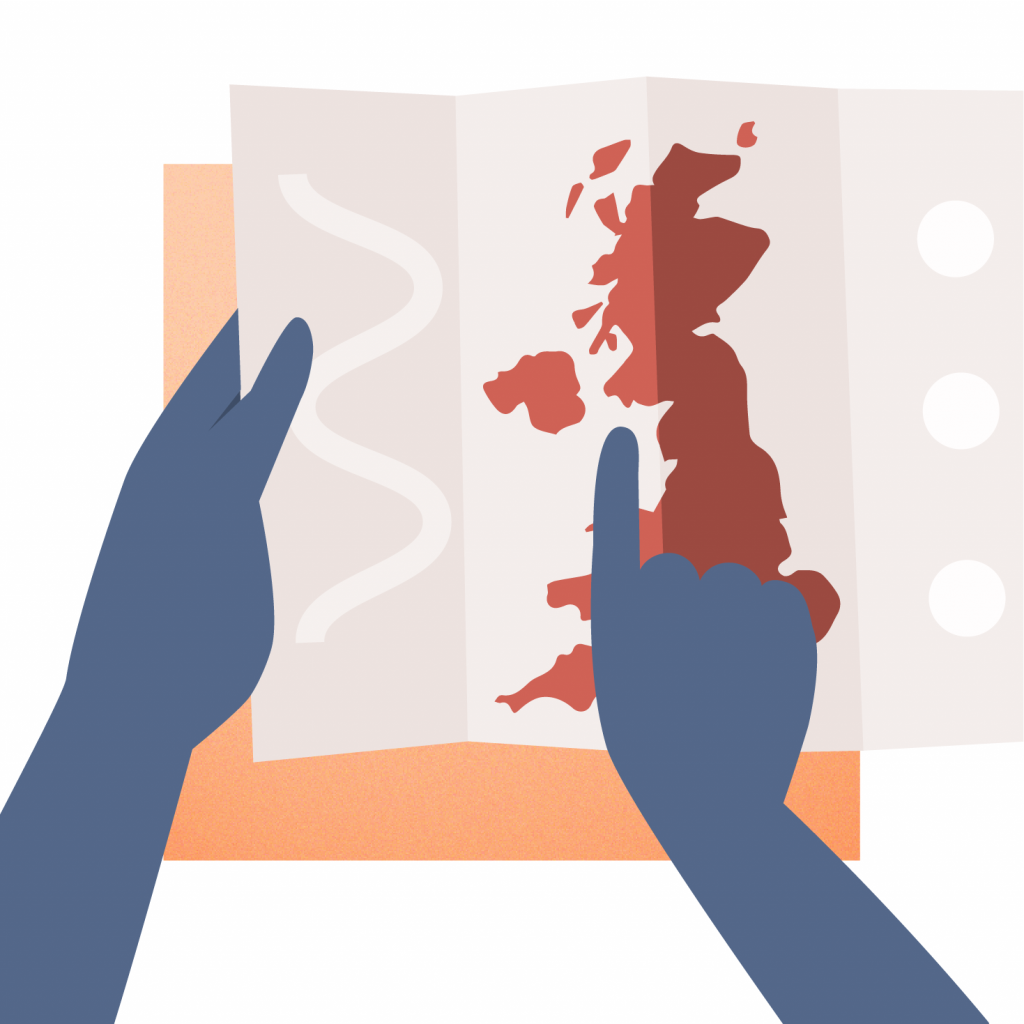Putting Relationships First
The case for relationship-centred communities, organisations and systems
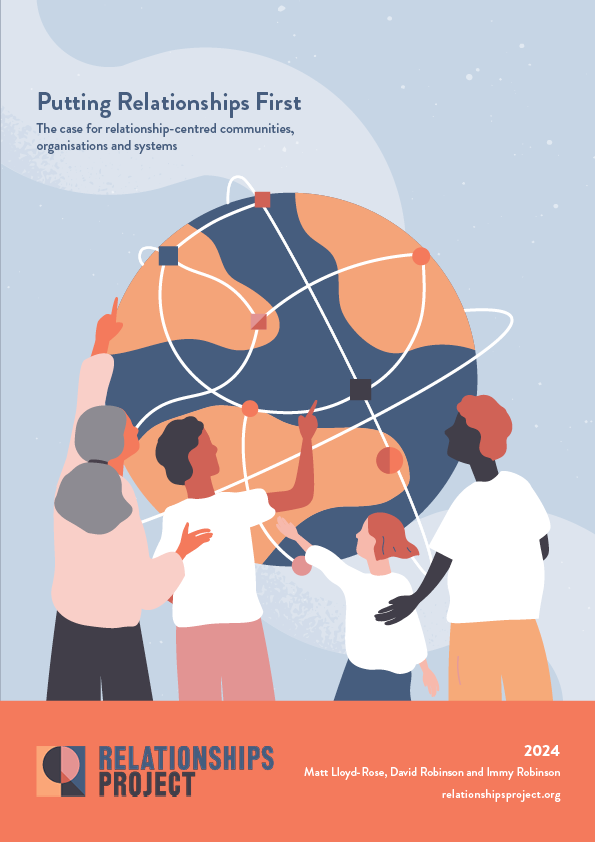
To say that human beings require warm relationships is no touchy-feely idea. It is hard fact. We need nutrition, we need exercise, we need purpose, and we need each other.
Few people argue that relationships don’t matter, but many feel they don’t have the time, capacity or permission to prioritise them. This Case Maker assembles the evidence base for putting relationships first, describing why relationships matter, what great relationship-centred practice looks like, and how it could make an impact in your context.
Use it to…
- Deepen your understanding of the difference that putting relationships first makes in a range of different contexts and scales
- Develop your own narrative of why more investment in relationships will lead to better outcomes in your community or organisation
- Start a discussion and build awareness around the value of relationship-centred practice amongst your team
Rewatch the Launch
On 22nd April Elizabeth Oldfield and Matt Lloyd-Rose were joined by a few of the brilliant people who shared their stories in the Case Maker, namely Sarah Yardley, Christine Frazer and Russ Bellenie. It was a warm, lively and engaging conversation, elevated by some brilliant questions from those who joined us.
In the Case Maker you’ll find…
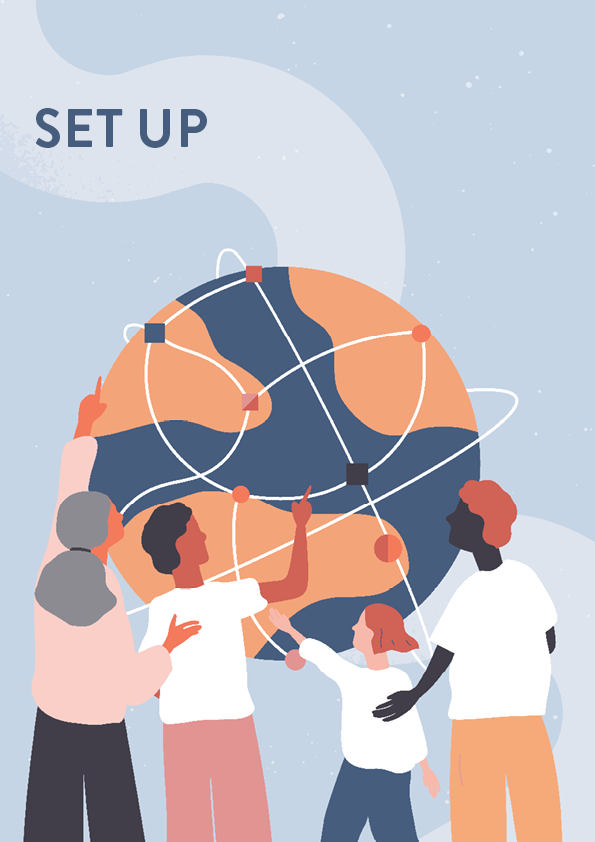
Set Up
What we mean by relationship-centred practice
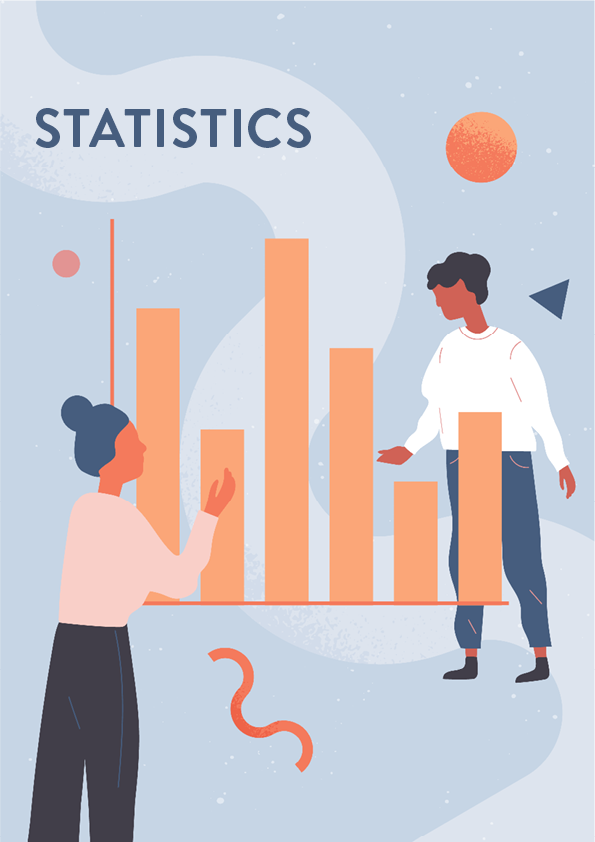
Statistics
The impact of investing in relationships
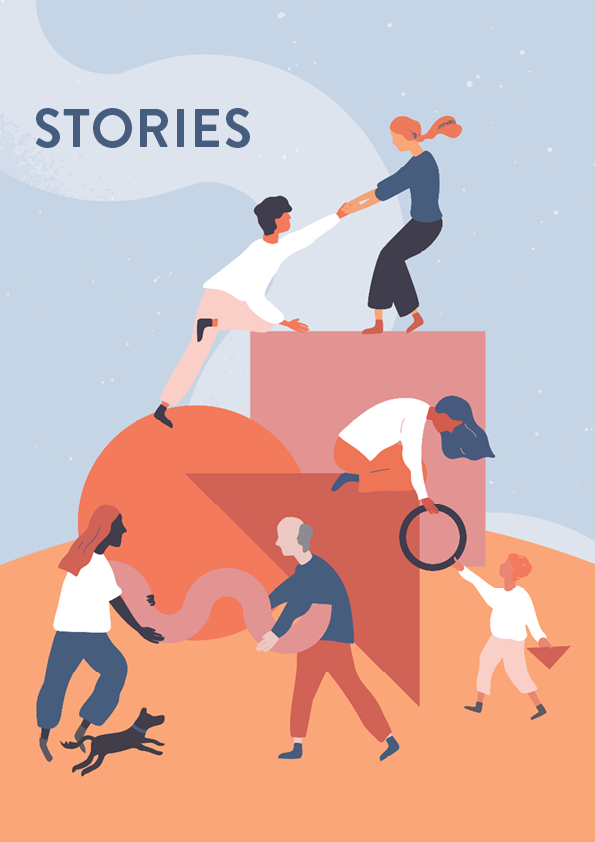
Stories
Relationship-centred practice in action
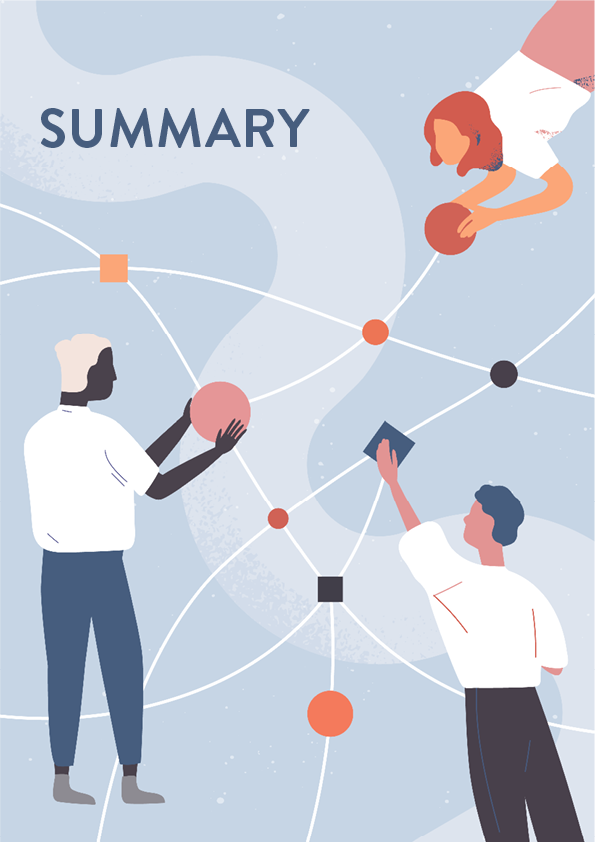
Summary
Making your own case for relationships
Better relationships, better outcomes
Good relationships are good for us, we feel better, we live longer and we contribute more. There is no task in adult life, public or personal, which is not done better with an enhanced understanding of relational skills – how to collaborate, how to manage bias and power and parity of esteem, how to forgive, negotiate difference and resolve conflict. Everything works better when we do these things well.
Relationship-Centred Practice in action
Across the UK and beyond, there are many brilliant examples of relationships making a difference. We’ve compiled a set of stories which illustrate what can happen when we put relationships first. The stories represent different scales, sectors, geographies and types of organisation: from business to community group to charity to large state institution. They are not templates to follow, but rather accounts of some of the relational work that has inspired us. Between them they exemplify many of the key themes, practices and possibilities in relational working, as well as many common barriers and challenges.
We hope these stories provoke thoughts, spark ideas and push the boundaries of what you think is possible.
Find out how we wrote the stories
How did we choose these examples?
We approached people and organisations we have encountered through the work of the Relationships Project to date, including some who had added themselves to the Relationships Map.
Our aim was to give a sense of how relational work looks at different scales and in different contexts.
How did we create these stories?
We joined forces with author and social researcher Matt Lloyd-Rose who conducted semi-structured interviews with people closely involved with each story, asking them to describe the role of relationships in the work they do.
The stories are based on a combination of desk research and the transcripts of those interviews. Interviewees reviewed their story to check it was fair and accurate before they were finalised.
I don’t work in any of these sectors. Are these relevant for me?
Sometimes the most exciting ideas come from sectors and contexts other than our own. We hope you find inspiration and provocation in all of these stories, regardless of whether they reflect the specific work you do.
Grapevine
Addressing entrenched social issues relationally not reactively
Gateshead Community Bridgebuilders
Empowering communities through devolved decision-making
Narrated by Emily Blad
Switchback
Transforming the lives of prison leavers through reliable relationships
Narrated by Emily Blad
Xenia
Building social integration through shared ritual and mutual learning
Narrated by Emily Blad
Poppy's
Bringing a more flexible, relational approach to the deathcare sector
Narrated by Emily Blad
MAIA
Connecting artists and communities to spark radical imagination
Narrated by Emily Blad
Three Community Groups
Tackling local issues by creating spaces and excuses to connect
Narrated by Emily Blad
Barking and Deganham's Children's Social Services
Returning social care to its radical, relational roots
Narrated by Emily Blad
NHS Palliative Care
Pursuing results through relationships in a large, complex system
Narrated by Emily Blad
The Relationships Map
We think that the stories told in this Case Maker are good stories, full of hope and kindness and a special kind of ‘can-do’ spirit, but they are not islands. All over the UK and indeed further afield, relational practice is gathering momentum. The contexts are diverse, as they are here in the Case Maker, but the driving principles are consistent.
On the Relationships Map we have begun to plot the organisations and individuals who are putting relationships first. The Map is more than a directory. It’s a meeting place; a space for finding one another and sharing ideas and resources. Please put your story on the Map, find kindred spirits and help to spread the word.
Making your case
We hope, having engaged with the statistics and stories in this Case Maker, that you’re convinced that everything works better when relationships are put first. And we hope that you feel better equipped to make the case to your colleagues, board members and commissioners that everything works better when relationships are valued.
Here are a few things you can do to turn common sense into common practice in your community, organisation or system…
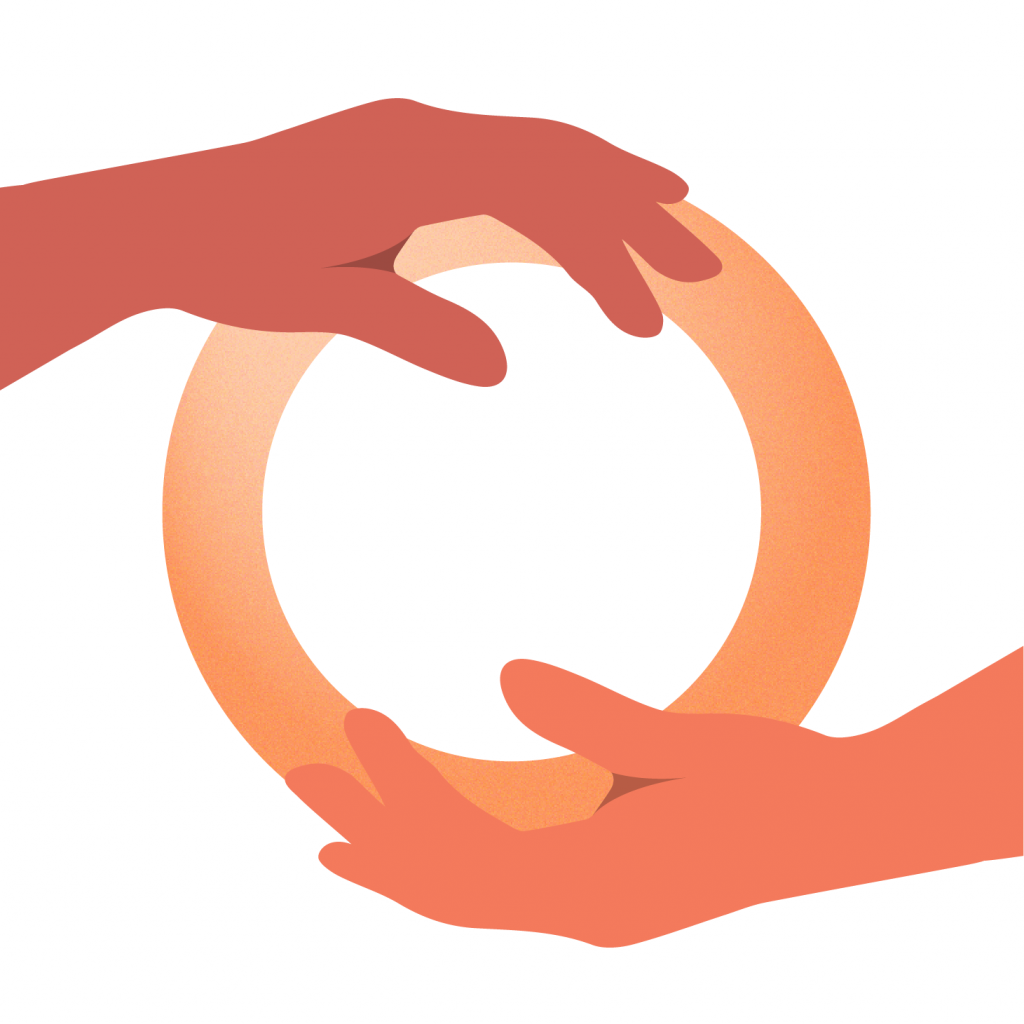
Spread the word
Share the Case Maker and help to spread the word
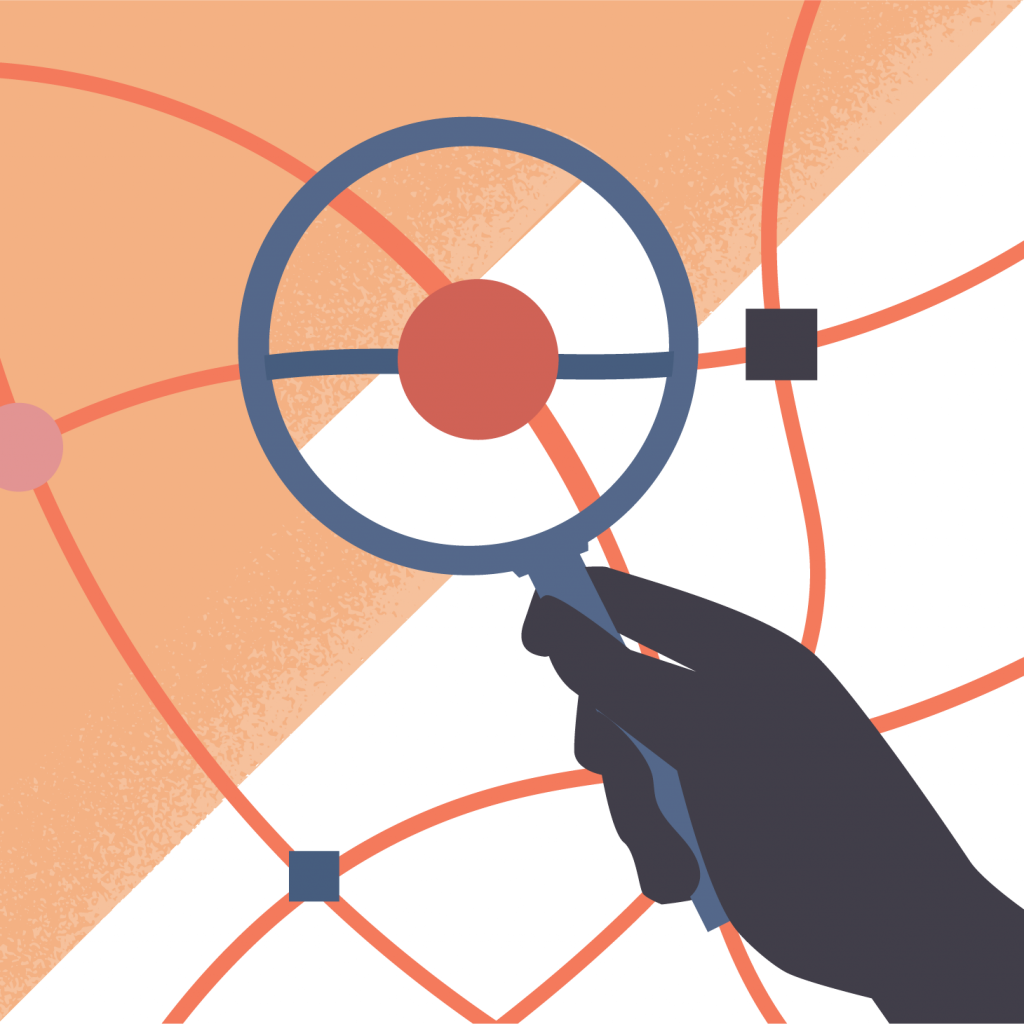
Make your own case
Use the DIY Case Maker to craft your own case, or come along to workshop
Join the Map
Connect with other relationship-centred practitioners and share your story

